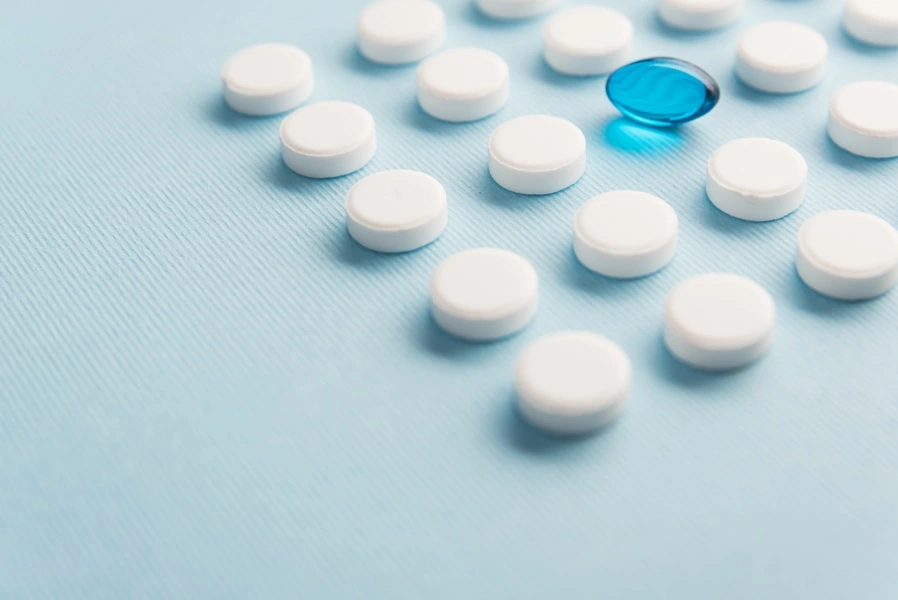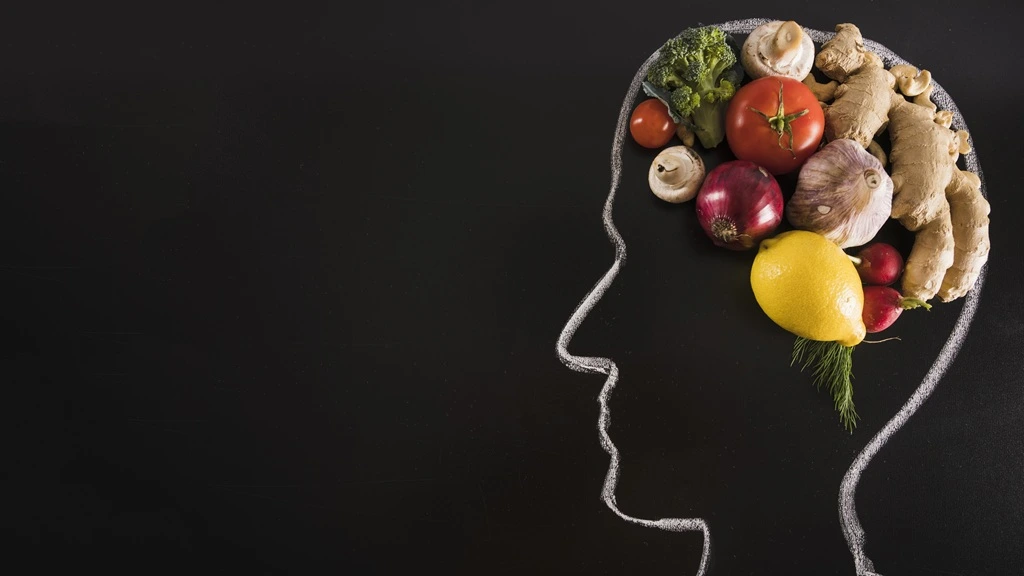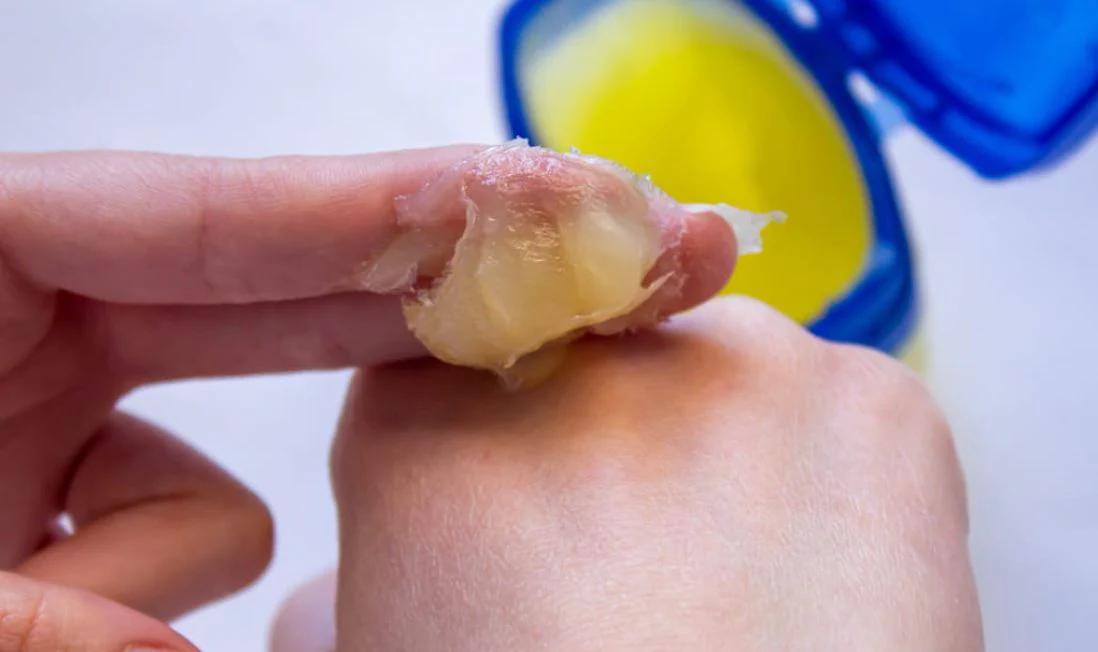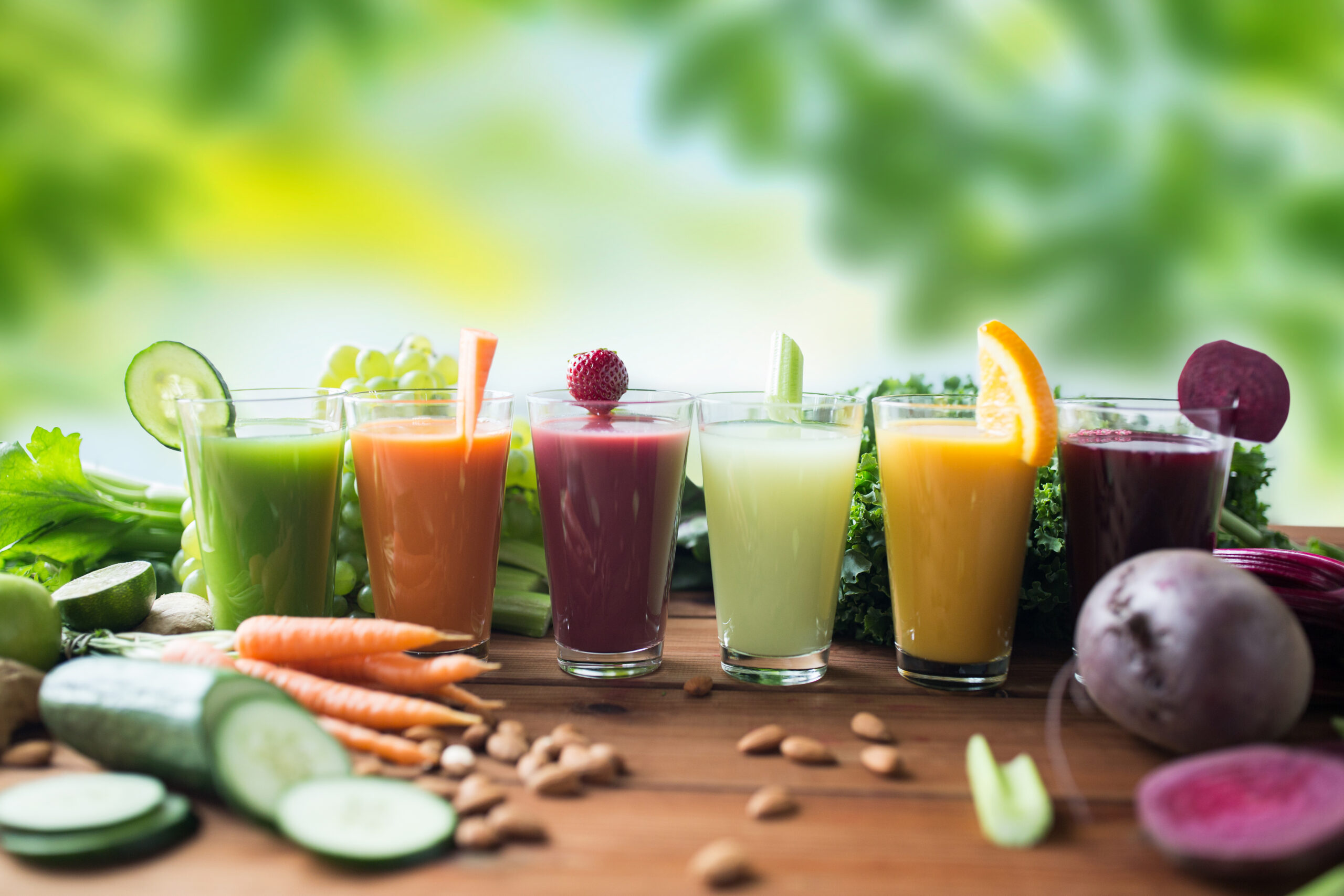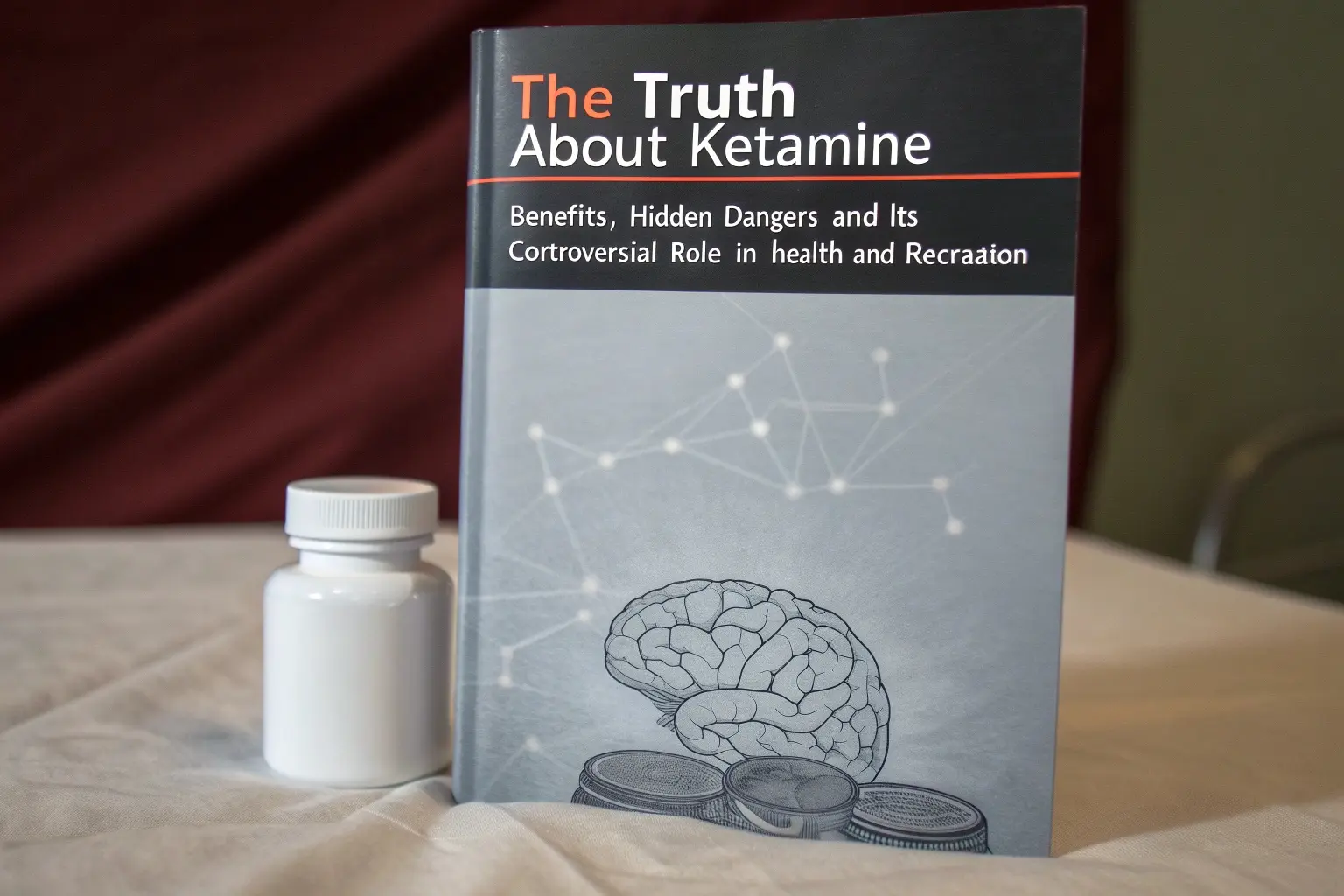The Rock Inside You: What Kidney Stones Can Teach Us About Pain, Prevention, and Paying Attention
I Didn’t Know Pain — Until I Met a Kidney Stone You hear people say, “It’s the worst pain I’ve ever felt.” You assume it’s exaggerated. It’s not. When I
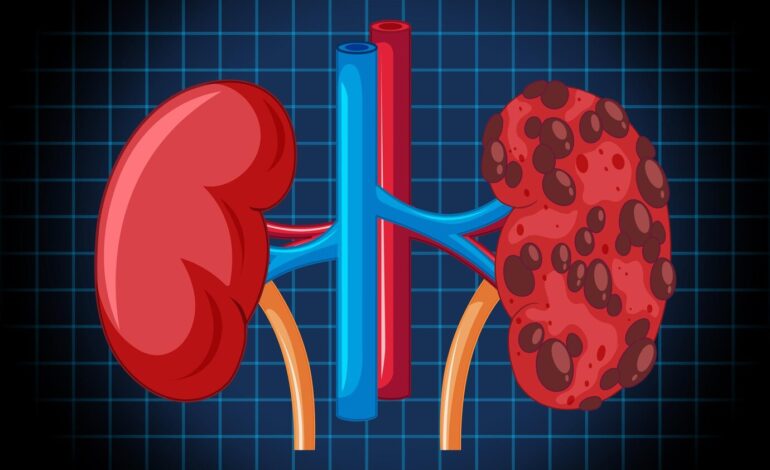
I Didn’t Know Pain — Until I Met a Kidney Stone
You hear people say, “It’s the worst pain I’ve ever felt.” You assume it’s exaggerated. It’s not.
When I landed in the ER with a stabbing pain in my lower back, it felt like I was being folded in half from the inside out. The diagnosis? Kidney stones.
I had never imagined kidney stone pain could be so intense and overwhelming. One tiny stone. A world of hurt. But the experience taught me more than just how to hydrate — it opened my eyes to how misunderstood kidney stones really are, how preventable they can be, and how the condition is rising in people you’d least expect.
What Are Kidney Stones?
Kidney stones are hard, pebble-like mineral and salt deposits that form in your kidneys. They’re typically made of calcium oxalate, uric acid, struvite, or cystine, and can range from the size of a grain of sand to as big as a golf ball (yes, really).
Stones form when your urine becomes too concentrated — meaning not enough fluid to dilute waste products. Over time, these waste products crystallize, clump together, and form stones.
When they move through the urinary tract? That’s when the real trouble starts.
Common Kidney Stone Symptoms
- Intense pain in the back, side, or lower abdomen
- Painful urination or a burning sensation
- Pink, red, or brown urine
- Nausea and vomiting
- Frequent urge to urinate
- Fever or chills (may signal infection)
Who’s at Risk?
Anyone can get kidney stones, but risk increases with:
- Dehydration: Not drinking enough water is the #1 trigger
- High sodium diets: Salt increases calcium in the urine
- Excess animal protein: Red meat, eggs, and shellfish raise uric acid
- Obesity and metabolic issues
- Certain medications and supplements, like high-dose vitamin C
- Family history or previous stones
Even kids and teens are now developing stones — likely tied to poor hydration, high-sodium diets, and lifestyle factors.
What I Wish I Knew Before Mine
I thought I was healthy. I worked out, drank “enough” water, and watched my diet. But I wasn’t paying attention to hidden sodium, processed foods, or the oxalates in my favorite snacks (almonds, spinach, beets). I’ll never forget how kidney stone pain completely stopped me in my tracks and made me rethink what “healthy” really meant.
Had I known these things, maybe I wouldn’t have ended up in that ER room. Or at least, I might’ve avoided the stone that felt like a barbed wire marble making its way through my body.
How to Prevent Kidney Stones: What Actually Works
Here’s what the science says — and what my urologist hammered home:
- Drink more water (at least 2.5–3 liters per day)
- Cut down on salt (less than 2,300 mg/day)
- Limit animal protein — especially red meat
- Watch your oxalate intake (spinach, beets, almonds, chocolate)
- Balance calcium intake — don’t overdo supplements
- Stay active to keep your metabolism in check
- Get regular checkups if you’ve had stones before
Treatment Options: What Happens If You Get One
Depending on the stone’s size and location, treatments include:
- Hydration and pain management: Small stones may pass naturally
- Medications: Alpha-blockers can relax the ureter
- Shock Wave Lithotripsy (SWL): Breaks stones into smaller pieces
- Ureteroscopy: A small scope removes or breaks up the stone
- Percutaneous nephrolithotomy: Surgical removal for large stones
My stone passed after a week of agony, a cocktail of painkillers, and relentless hydration. Others aren’t so lucky.
Read About: The Hidden Danger of Visceral Fat: What Every Woman Should Know
Mental Toll: Yes, It’s Real
Kidney stones don’t just hurt physically — they can shake your mental health, especially if you’re prone to chronic recurrence. There’s anxiety, disrupted sleep, time off work, and fear every time you feel a twinge.
That’s why support, education, and prevention are crucial — not just for your kidneys, but for your whole self.
Listen to the Whisper Before It Screams
I used to think kidney stones were just “something old guys got from drinking soda.” I was wrong.
They’re not just about soda. They’re not just about age. They’re about hydration, diet, genetics, and awareness. Understanding the causes of kidney stone formation can make all the difference in preventing them before they start.
The good news? Kidney stones are largely preventable. But only if you’re paying attention.
If you’re reading this and haven’t had one — great. Let’s keep it that way. Start with water. End with awareness. Your kidneys will thank you later.


